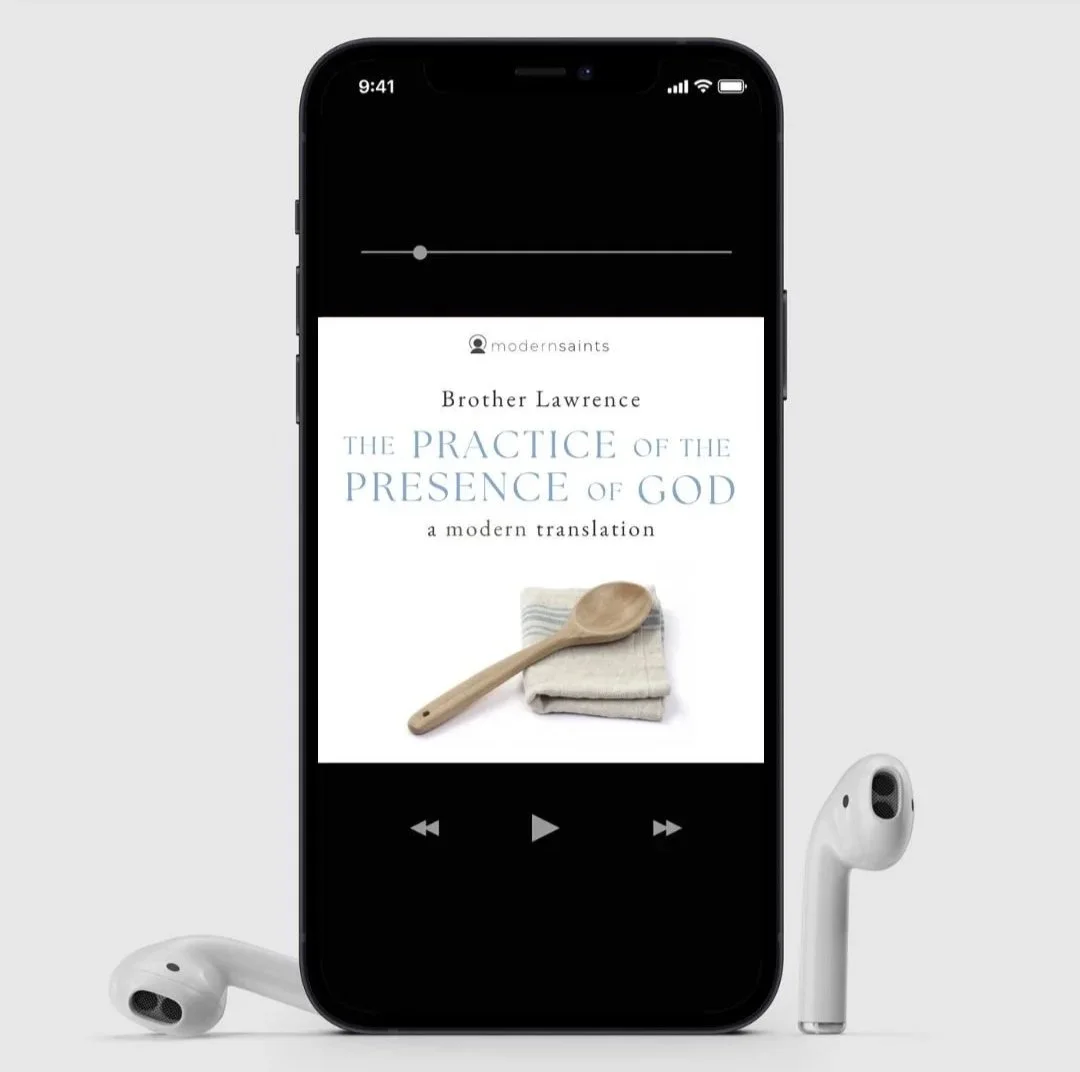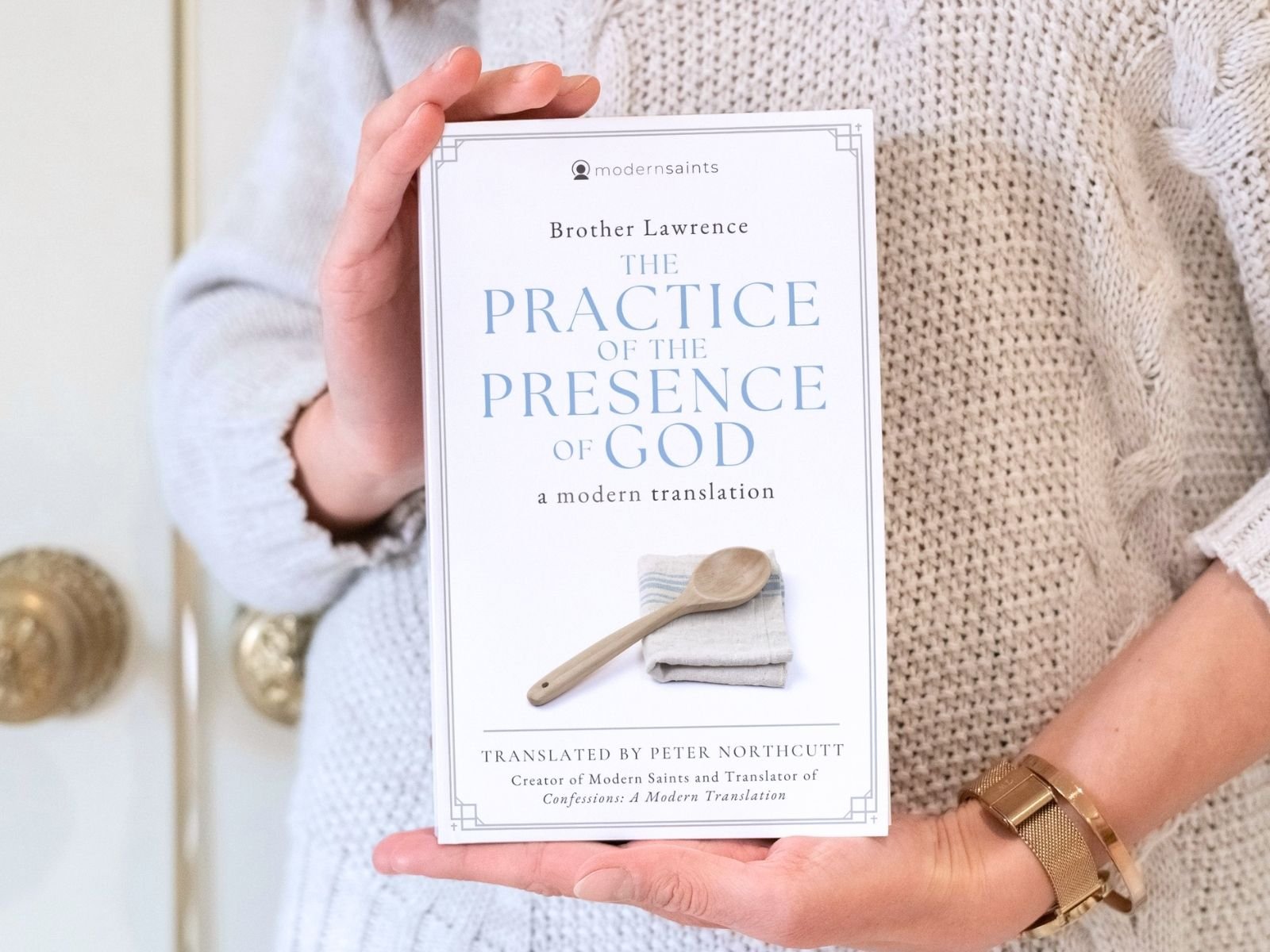Read the Book Pope Leo Says Shaped His Spiritual Life
A clear, easy-to-read translation of The Practice of the Presence of God, the classic that has guided Christians for over 300 years.
During a recent in-flight press conference, Pope Leo was asked which book someone should read to understand his spirituality. Here is what he said:
“One of them is a book called The Practice of the Presence of God… If you want to know something about me, that has been my spirituality for many years.”
This simple statement sent readers around the world searching for Brother Lawrence’s timeless wisdom.
“This has been my spirituality for many years.” — Pope Leo
What Is The Practice of the Presence of God?
Brother Lawrence was a Carmelite monk in Paris, known for his simple, sincere, and practical approach to spirituality. The Practice of the Presence of God is his compelling account of seeking and finding God in every moment of daily life, not just in prayer or meditation but in every chore and conversation. This modern translation preserves the warm, conversational tone of the original writings while making its message more accessible and engaging for today's readers.
This book encourages readers to experience God in the midst of our mundane days, giving simple, practical insight into the joy of holding a constant, never-ending conversation with our Maker.
Looking for the FREE Discussion Guide?
New Audiobook!
New Audiobook!
Listen to a short but sweet spiritual classic centered on the life and wisdom of a humble cook.
Explore Our Books





























